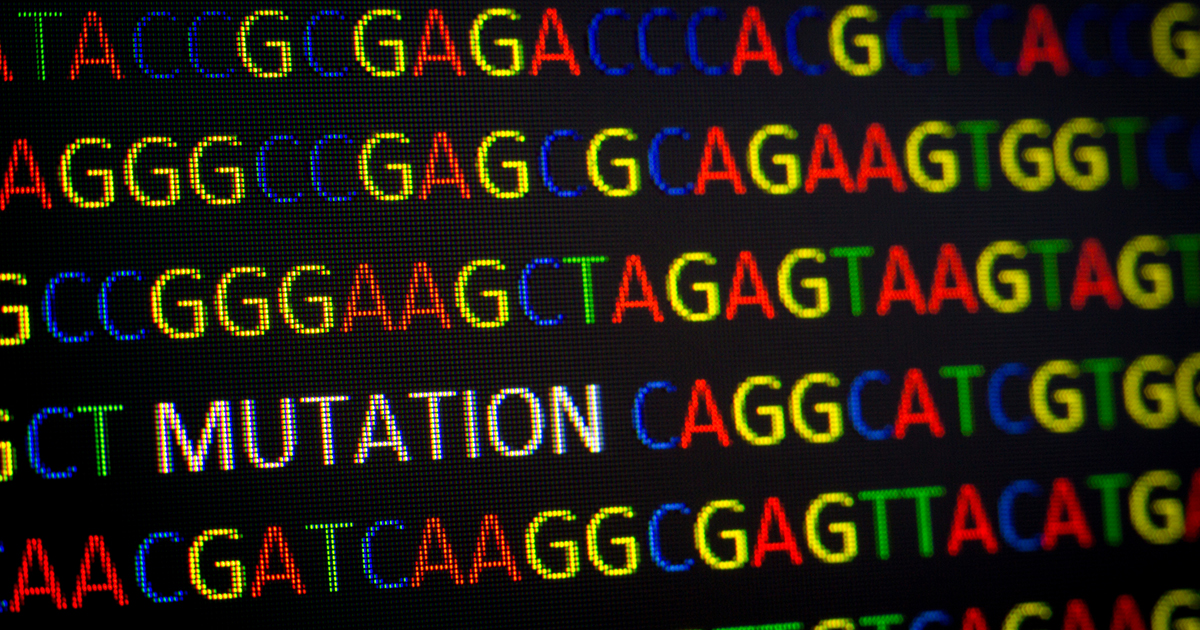Huntington's Disease Causes And Diagnosis
Huntington's disease (HD) ranks as one of the most severe neurological disorders. This ultimately fatal disease causes both physical and mental symptoms that lead to progressively more severe disability. Thankfully, Huntington's disease is rare in comparison to other conditions. According to the Huntington's Disease Society of America, today in America, approximately thirty thousand individuals are living with Huntington's, while another 200 thousand are at risk. Risk comes solely from genetics, which means a person must inherit the disease and it cannot be transmitted or caused by environmental factors. Most Huntington's patients live healthy lives before becoming symptomatic, which most often occurs between the ages of thirty and fifty, though a small number of patients experience juvenile Huntington's. Physical, intellectual, and emotional symptoms develop. Chorea, which causes involuntary, rhythmic motions, often in the patient's upper body, is one of the most notable symptoms. Get to know more about the causes of Huntington's disease and how it is diagnosed now.
Gene Mutation

Huntington's disease results from the mutation of the huntingtin gene, which everyone has. The mutation creates a protein that misfolds and aggregates inside nerve cells. This misfolding protein kills nerve cells. As nerve cells die off, muscle coordination is lost, cognitive abilities decline, and behavioral abnormalities become apparent. The expansion of the huntingtin gene is inherited from a parent who carries the expanded gene. Since two parents with Huntington's disease is an improbable occurrence, the chances of a child inheriting the gene mutation are 50/50. Inheritance occurs independent of gender, and a male or female baby can inherit the mutation from either its father or mother. If the baby inherits the mutation, they have a fifty percent chance of passing it to any offspring. Babies who don't inherit the mutation from a parent with Huntington's never pass the mutation on to their offspring. No offspring receive the mutation for any reason other than pure, 50/50 chance.
Autosomal Dominant Inheritance

The 50/50 chance of a parent with Huntington's disease passing the mutation to their child results from autosomal dominant inheritance. Autosomal genes are contained in the first twenty-two nonsex chromosomes. After conception, the genes of the mother and father mix. Autosomal genes pair up, one from the mother and one from the father. As with other genes, the baby receives one huntingtin gene from the mother and one from the father. If one parent has the mutation in this gene, the child inherits it if the gene is dominant, but escapes Huntington's if it is recessive. The chances of the gene being dominant or recessive are exactly 50/50, regardless of which parent has the disease. As a result, the chances of Huntington's disease being passed down are 50/50 per pregnancy, and it makes no difference whether any siblings inherited the disease or not. In this way, it is like the chances of heads or tails in a series of coin tosses. Each toss has an exactly 50/50 chance of landing heads up. Though clusters of repeated heads or tails tosses may occur, over time, the 50/50 odds prevail.
